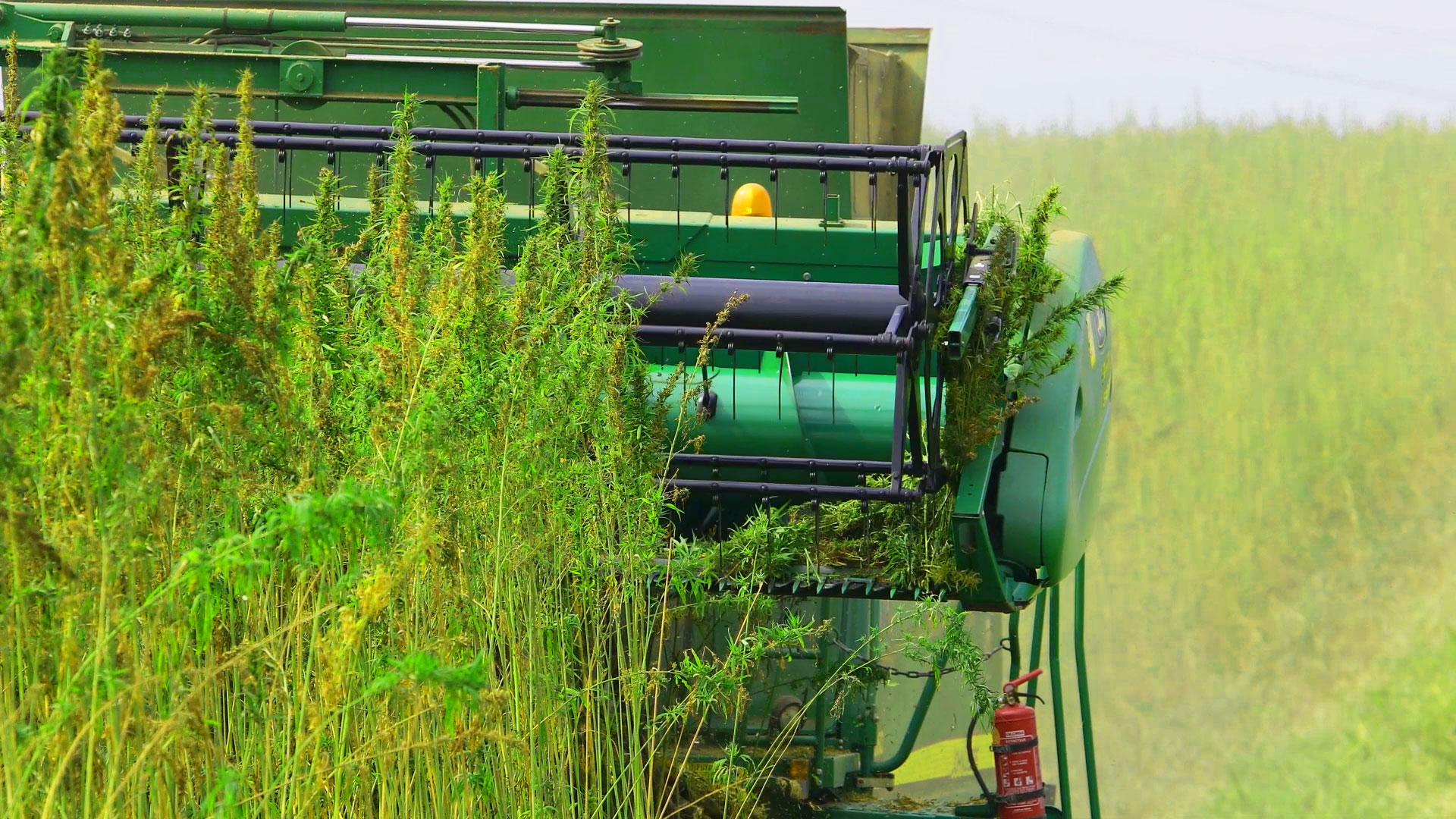By acquiring Thermo-Natur’s existing operations and product certifications, HempFlax is able to operate a ‘seed-to-shelf’ business model and immediately capitalise on the rising consumer demand for sustainable building materials in Europe.
Increasing concerns about climate change, the need for energy conservation and ambitious carbon reduction goals are driving demand in the organic insulation market. The global growth potential is considerable as consumers are increasingly environmentally conscious, demanding sustainable products. This consumer trend is supported by an increasingly favourable regulatory environment across Europe.
Carbon negative
According to the European Union, buildings in Europe consume approximately 40% of energy and produce approximately 35% of greenhouse emissions. While building insulation reduces energy use and the resultant carbon dioxide emissions, the manufacturing process of synthetic and mineral insulation is energy intensive, emitting between 100 kg CO2/m3 and 1000 kg CO2/m3 for some products, over 20 times that required to manufacture hemp insulation (40 kg CO2/m3). Overall, the production of hemp insulation is carbon negative, meaning more carbon is taken out of the atmosphere than is emitted in the supply chain.
Hemp insulation is proven to create a healthier indoor environment. It has a higher ‘Specific Heat Capacity’ (i.e. the amount of heat needed to raise the temperature of the material) than glass wool insulation, and is therefore better at preventing overheating in the summer and retaining heat in winter. Hemp insulation is non-hazardous, non-carcinogenic and non-toxic and it does not irritate the human respiratory system. Currently, hemp insulation comprises less than 0.5% of the 3.3 million tonnes of insulation materials used each year in construction.
Image: Hempflax



